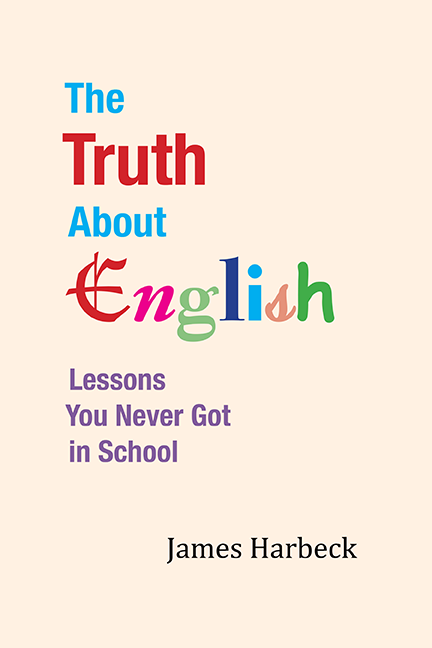There are many popular idioms that equate testicles and their related substances, including testosterone, with virtue, valour, substance, courage, fortitude, and so on. “Do you have the balls to do it?” “I think this individual is lacking in testicular fortitude.” “What you need, man, is cojones.” “Grow a pair.”
There seem to me to be fewer that are more honest about the fact that men intoxicated with testosterone and the dictates of the contents of their nutsacks have a record of doing appallingly stupid things, making amazing messes, wreaking wanton destruction, and stomping through the world oblivious to their own inanity. Fewer idioms, but not none at all. Now and then we see an honest reference to cullionry.
Cullionry? It sounds… culinary, doesn’t it? And so it may be, if you mean prairie oysters. Huevos, you know, and not necessarily rancheros. Cullionry is the conduct of a cullion as roguery is the conduct of a rogue, and a cullion is… literally, a testicle; figuratively, a, um, dickhead. Loser. Jagoff. One who thinks himself among the lions but is more fit to be culled. I mean, just imagine if the world were run by 15-year-old boys trying to impress and dominate their peers and the objects of their attraction. (Alas, it’s not that great a stretch of the imagination.)
Cullion comes from French couillon; it’s related to Spanish cojon (you see it now, don’t you) and comes from Latin culleus (‘sack’ or ‘testicle’), which in turn comes from Greek κόλεος koleos (‘sheath’). It’s a well-formed word that could stand for anything, really; look at galleon, scallion, mullion, bullion, and billion and you will be reminded of the usually arbitrary basis of the relation between a word’s form and meaning. Cullion just happens to refer to the orchids (I mean figuratively, but also literally: it can be used to refer to the finicky flowering plants, and why not, they’re named after testicles – Greek ὄρχις orchis means both ‘orchid’ and ‘testicle’).
And cullion just happens to be used figuratively to mean ‘lowlife’. Somehow it seems not unreasonable that, in the time of Shakespeare, you might call a scoundrel or rascal a testicle (“Away, base cullions!” —Henry VI, part 2, I.iii.43), even as you would in other contexts highly value the same bits as jewels of manhood and emblems of fortitude.
The ambivalence has ever been with us; after all, a popular vulgarity referring to destruction and catastrophe also literally refers to the act that the same speakers most ardently wish to engage in as often as possible. And, of course, the organ so often used as an emblem of fortitude is famously the most vulnerable and sensitive – kick someone in the cullions and see for yourself. (And why would you do that? Because of their cullionry, of course.) But such is the contradictory nature of the classic cullion: both hyperaggressive and hypersensitive.






